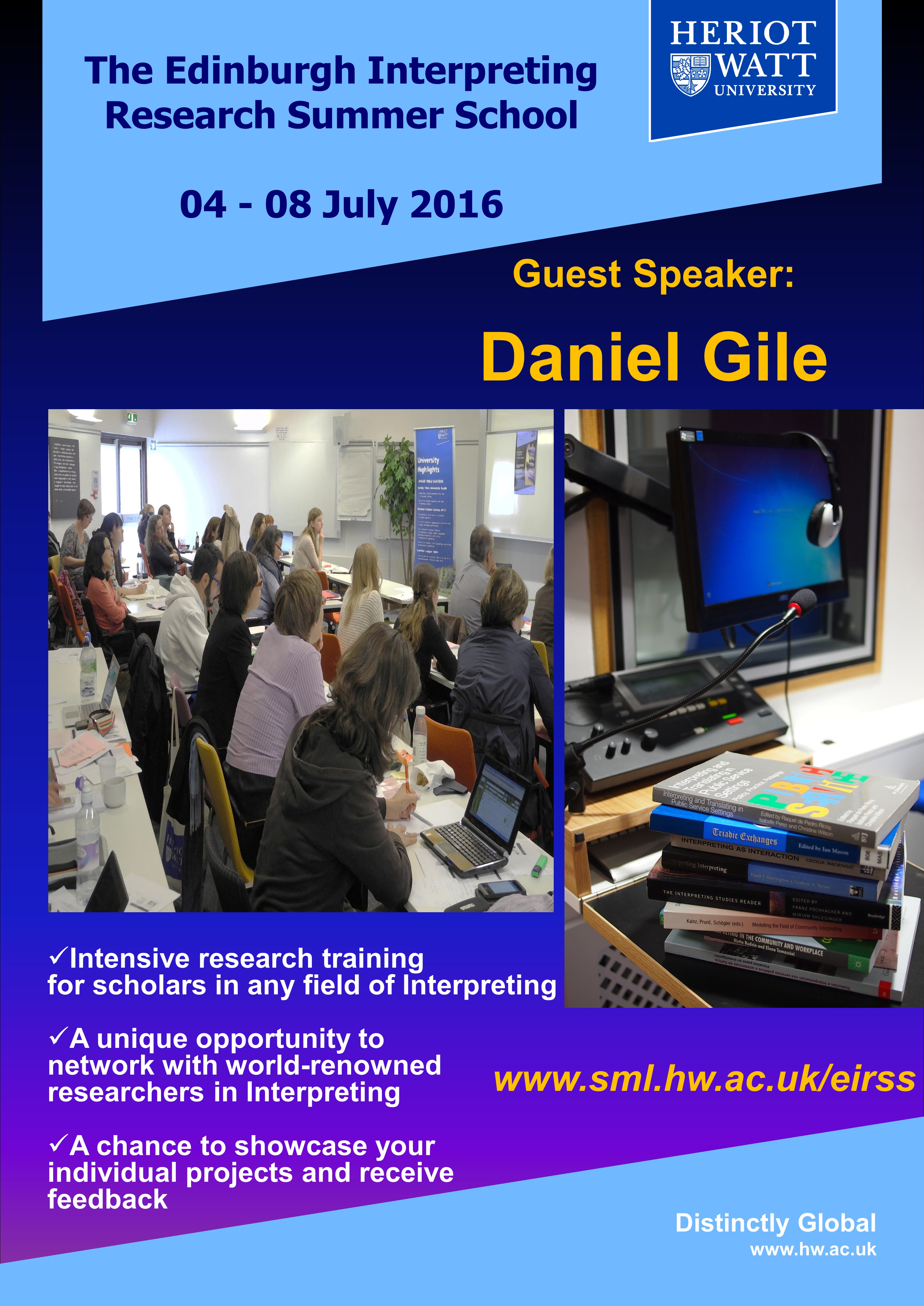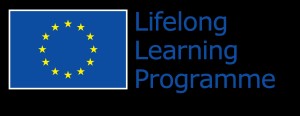by Jonathan Downie
When it comes to opportunities to improve their skills, interpreters are spoilt for choice, right? We can work on simultaneous, consecutive, note-taking, er, hold on, that’s about it. Traditionally, and understandably, we tend to stop at skills training.
Skills training is good but it is becoming increasingly obvious that we need much more than good note-taking or control of synonyms. Interpreters of all stripes need to know how to sell their services, plan their career, present the right image and much more. In fact, unless you have a nice staff job, your work away from an assignment is as important as your work during it.
If your interpreting skills are poor, you won’t get more work. If your business, personal and planning skills are poor, you won’t get any work at all!
And then there is the whole question of burnout. How can we survive the ritual of research, travel, invoicing, admin, that comes inevitably with the job of being an interpreter, let alone the need to keep our family and friend relationships healthy?
Those are the kinds of questions that have been constantly in my mind as I spent 5 years of my life getting a PhD in expectations of interpreters. While my own research focus was on one small area, I have had the privilege of meeting and learning from experts in a wide variety of areas. From deliberate practice to perceptions of interpreters, from nutrition to decision-making, it has been an exciting and sometimes troubling ride.
Most of the results of that work were poured into my upcoming book: Being a Successful Interpreter: Adding Value and Delivering Excellence. Surprisingly, it turned out that the majority of the experts I was meeting were basically saying the same thing: successful interpreters add value to their clients, to their profession, and to themselves. And this was the true whether I interviewed experienced professionals like Esther Navarro-Hall and Judy & Dagmar Jenner or leading researchers like Prof Ebru Diriker and Dr Elisabet Tiselius.
Books are great, especially when they come with guides as to how to apply what you are learning. Their only disadvantage is that they are devoured alone. Imagine what it would be like if we could take the material from the book: the strong messages on adding value, the challenges to develop our skills strategically, and yes, all the lessons I learned from wiser people than me; but could discuss, dissect and apply them in a room together.
I thought that might be a good idea and, thankfully, a few people from Heriot-Watt University thought so too. So, on June 2nd, we will have the inaugural Being a Successful Interpreter course. This is a one-day interactive event that will being interpreters of all kinds together in one room, to learn together how we can build sustainable careers that suit our own skills and lifestyles, better understand the thought-processes of our clients, develop our skills strategically and build supportive communities.
Why bother being in the same room? Why not just do a set of webinars?
Well, for one, I have stopped believing that the traditional “I talk; you listen” mode of teaching actually works. Instead, the emphasis will be on learning and discussing together. There will be places where we look in detail at specific ideas from the book but we will mostly spend time discussing together how to apply them. There will even be space to sit and reflect on your own work, your own trajectory and your own decisions.
The emphasis will be in applying what researchers, experts and leaders have been saying and doing so in a way that makes sense to each of us.
There are two tiny catches. Tickets are limited. There is only space for 20 people in the room. And tickets are only on sale until 20th May. So, if you are looking to give your career a boost, plan for the future, or adjust to the ongoing changes in our profession, this is your chance. See you on the 2nd!
Just in case you missed it, you can get more info and buy tickets by clicking the name of the course at the end of this sentence: Being a Successful Interpreter.










